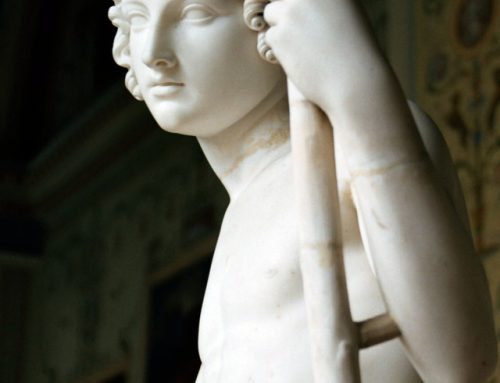“He also told this parable to some who trusted in themselves that they were righteous and regarded others with contempt: ‘Two men went up to the temple to pray, one a Pharisee and the other a tax-collector. The Pharisee, standing by himself, was praying thus, “God, I thank you that I am not like other people: thieves, rogues, adulterers, or even like this tax-collector. I fast twice a week; I give a tenth of all my income.” But the tax-collector, standing far off, would not even look up to heaven, but was beating his breast and saying, “God, be merciful to me, a sinner!” I tell you, this man went down to his home justified rather than the other; for all who exalt themselves will be humbled, but all who humble themselves will be exalted.’” (Luke 18:9-14) This week’s Gospel lesson continues the unusual practice of preemptively stating a parable’s purpose. Once again, we witness here Jesus’ unusual love and care for tax collectors. Chapter 15 gave us three stories of the lost and the found in order to defend his love for them. Soon, we shall witness (in chapter 19) his finding of the tax-collecting scoundrel, Zacchaeus. It is good to remember that there is nothing particularly good about the profession. Tax collectors in Jesus’ day were very bad people. Therefore, we are not seeing here, Jesus claiming that there is a silver lining in every dark cloud. No, the only thing that the tax collector of the parable has going for him is that he has recognized that there is a God of mercy and simultaneously, his desperate need for such mercy. On the other hand, our Pharisee friend (who let’s admit it, would be a pastor’s dream for a church member!) lacks an awareness of the merciful God because he lacks awareness of his own total need for mercy. So here is the tough question for us: who is our God? Is it the Pharisee’s deity: a powerful force to help us around the edges as we go about our lives of moral improvement? Or, is ours the God of the tax-collector: the one who has the power to save and has revealed himself as self-sacrificing in order to be merciful? In other words, do we trust in ourselves or have we come to realize our on-going absolute need for grace? The glory of the Gospel is that our Lord is merciful and continues to seek the lost, even those who may be hiding in the church! Have a great week.







Leave A Comment